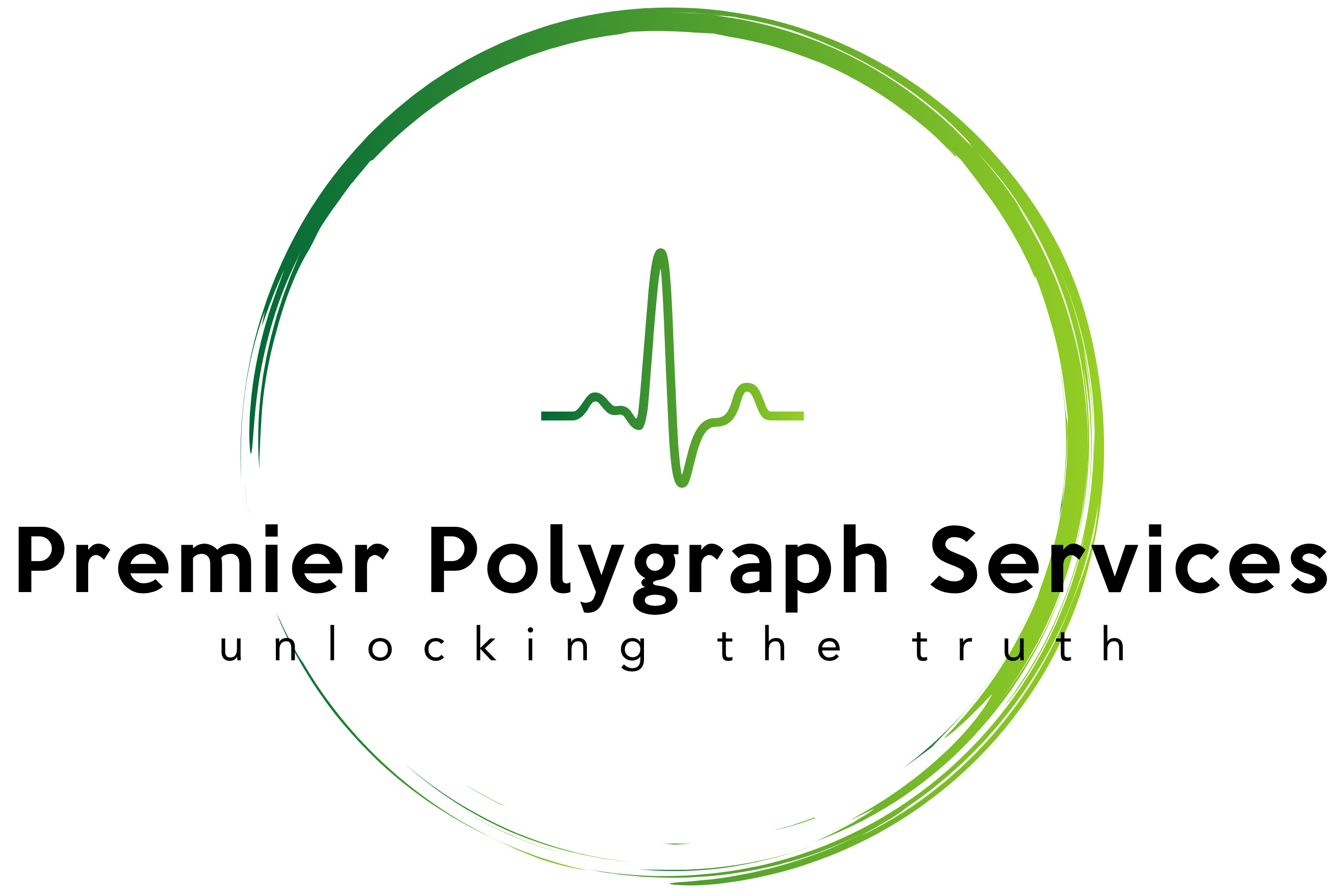Call to book a Lie Detector Test today
Lie Detector Use In Corporate Environments
As one of only a few Polygraph Examiners based in the UK who has held a senior position in the corporate sector over a 20-year period, I’m uniquely qualified to undertake work-based lie detector tests. The main advantage being, I understand how corporate UK works and therefore how corporate crime can happen. If you are employing Premier Polygraph Services to undertake corporate lie detector testing you won’t have to spend an inordinate amount of time trying to explain the background of business so the examiner can construct meaningful questions. I already “get” how business works. Premier Polygraph Services can undertake vital polygraph tests for companies considering individuals for employment, promotion, or for other reasons such as development, succession planning, career planning, and fitness for duty.
Call to book a Lie Detector Test
Operating Nationwide
Corporate Specialists
Scientific & Professional
Experienced Examiners
Corporate Services
It is also a fact that many companies only take action to protect themselves against theft and fraud after discovering that they have become a victim. How many times has it been said, ”it can’t happen to me?” Sadly it often does. Over 60% of businesses in the UK are losing as much as 5% of their turnover a year to fraud in the workplace. When times are good and turnover high, you don’t necessarily feel the pain but, when times are hard, could your company sustain losses of that magnitude? Working with your Human Resources Department, Premier Polygraph Services can assist with on-site lie detector testing as well as the administrative process.
It is not just in the area of employee screening and fraud that Premier Polygraph Services can help with, we offer a whole range of Lie Detector services in the UK to assist with employee matters.
- Internal issues
- Assisting in-house security
- Pre-employment screening
- Insurance fraud claims
- Employee drug screening
- Money Laundering
- Employment Discrimination

Call for a Free & Fully Confidential Lie Detector Consultation
Theft In The Workplace
The rising trend...
How do you stop this?
Corporate theft or “shrinkage,” is the fastest growing crime in the United Kingdom. It’s bigger than identity theft, cyber fraud, credit card theft and internet scams. And what makes it a most pernicious crime is, its difficultly to uncover. Nearly 75% of employees do it, and the vast majority of discovered theft goes un-prosecuted. 75% feels like a very big number and would take into account both serious theft and what many view as harmless theft. In my view, theft is theft.
Honest employees often know theft is happening but hesitate to inform management of the problem. Most times, there are warning signs — declining profits, unexplained inventory shortages, discrepancies in accounting or unusual employee behaviour. Yet most management teams do not know how to deal with the problem until they are faced with the losses.
The Police suggest, business owners should remind employees that reporting suspicious theft concerns is vital to protecting their company’s intellectual property, its reputation, its financial wellbeing and its future. They are protecting their own jobs. Remind them that if they see something, to say something. This open policy of “shopping” your co-worker should be a fundamental part of the culture of your business, as already stated the employees are protecting their own futures.
Employee theft is much smarter now than it was in the old days, the notion that someone is stealing hard cold cash is no longer that common. It’s a bookkeeper forging checks or submitting phony invoices; it’s a payroll clerk padding hourly wages or inflating expenses to employees; it’s an employee walking out the back door with a prime cut of beef or a case of wine; it’s a purchasing agent buying personal items with the company checkbook; it’s a bank teller stealing a night drop deposit; it’s a medical office manager stealing the busy doctor’s hard earned money. These are just a few of the endless ways employees steal from companies every day.
Employee theft is a much more serious problem than you might imagine. Research and assessments by the Association of Certified Fraud Examiners estimates 7 percent of a business’ gross revenue is lost to internal theft and/or shrinkage.
Establish a code of ethics for all of your employees. Make it clear that your company will not tolerate illegal or unethical behaviour.
Create strict hiring procedures. Run background checks on key employees. Many companies use my services to conduct a pre-employment polygraph test. After all you are going to be trusting some of your key people with your livelihood.
When employees feel like they are a key part of the business they automatically feel a deeper need to protect it. Try create an environment where employees feel valued.
Keep track of the cash drawer by making unscheduled spot checks during the course of business. Make sure employees see you doing it and make it a normal part of your business practice.
Install video cameras that cover 100 percent of your physical space, especially over cash registers.
Conduct regular audits and make a big deal of having the auditor in, everyone in your company should know when the audit is taking place.
Hire a mystery customer.
Randomly call customers back to make sure the amount of money they paid for your goods and services match the receipt. This can be done as a service call and be open with your customer that this is part of “best practice”.
Create anonymous ways for employees to report suspicious activities.
Pre-Employment Polygraph / Lie Detector Test
An alarmingly high proportion of people applying for employment in a variety of fields “fluff” up their CV to appear more qualified than they are. There is an argument that most are fairly harmless enhancements of one’s experience or they might claim to have been more instrumental in a project than they actually were. In my book, a lie is a lie no matter how small, I have seen a number of businesses employ the “wrong” person based on how their interview went. It can turn into a very costly mistake. In more serious cases they could be hiding criminal records, serious drug addiction and have omitted jobs that they have been dismissed from.
You should always ask the applicant to (voluntarily) undertake a lie detector test, if they are going to be working with sensitive data, like your client information, trade secrets, client accounts or the finances of your business. If you work with any business that has contract with the Ministry of Defence of this country or any other your team should all be Polygraphed at least every two years.
Head Hunters / Recruitment Consultants and Lie Detectors
Imagine this scenario for a minute, you’re a “Head Hunter” for a national business and have successfully recruited some of their most senior people over the last five years. However, on this one occasion an undesirable candidate got through your checks and ended up in a senior position. You have now discovered quite a lot in their CV was embellished or in some cases simply made up. What do you do?
At the very least you are likely to lose your contract. More and more professional recruiters are turning to lie detector tests as a final step in their recruitment process. This is mostly true for senior roles where an individual will be in a position of trust and influence. Because of more than 20 years Senior Management experience within the corporate sector, I believe I’m uniquely qualified to deal with pre-employment Polygraph testing in a highly sensitive and confidential manner.

Confidentiality
Prior to the polygraph test, you will be asked to sign an authorisation to release the interview and test results. The individual or individuals who take the lie detector tests are the only people that the test will be disclosed to. As a general rule, polygraph test results are confidential. Exceptions to confidentiality occur when the examiner is a “mandatory reporter” involving child, sexual or physical abuse and when the test is not conducted for a solicitor. Regulatory bodies may have access to tests and test information but are prohibited from disclosing confidential information.
